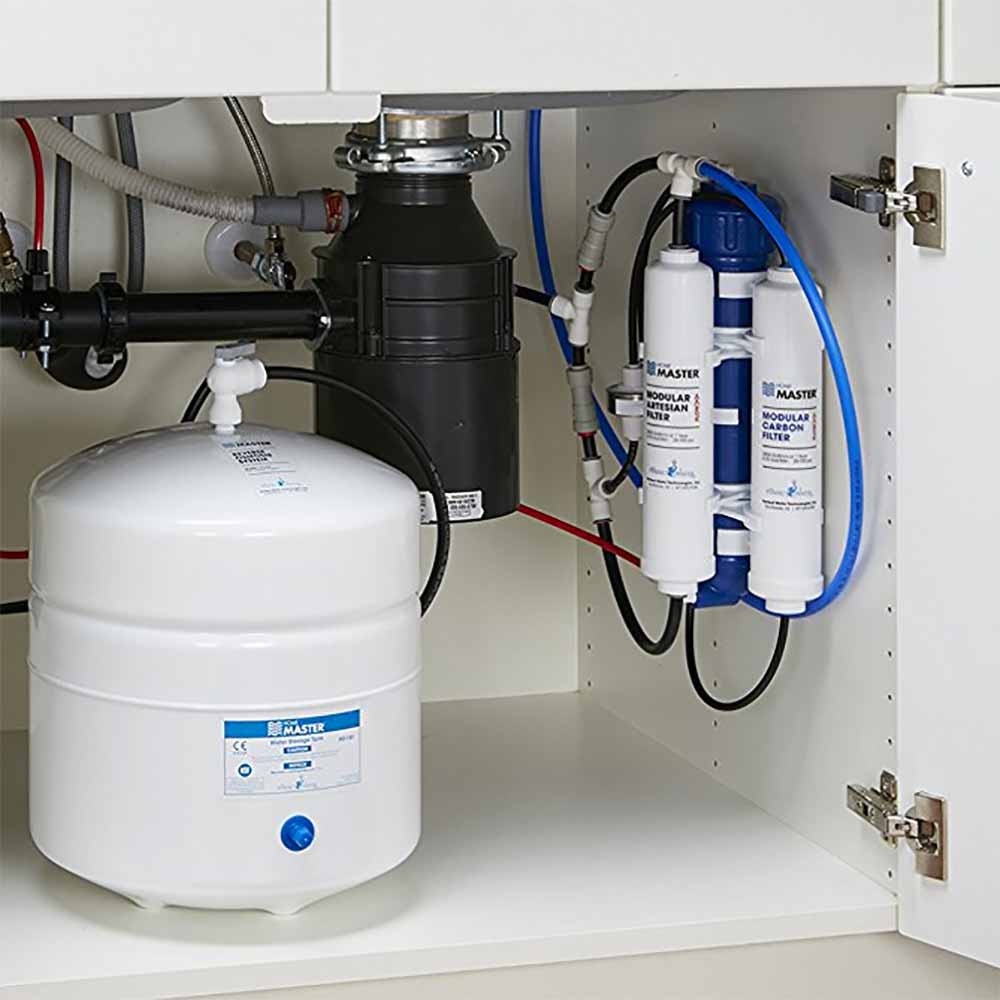Dear Mr Chen Ko,
I am a fan of reading your blog posts. Thank you for doing such a great public service for sharing your knowledge.
I have a question. Recently there is a Straits Times report about possible DPG-chlorine by-product in tap water:
I am using a Berkey filtration system. Do you know if a Berkey is able to filter out this DPG-chlorine by-product? If not, are there any home based filtration system that can do that?
Thank you very much for your advice.
HA
Dear HA
Thanks for sharing the Straits Times article.
Here are my thoughts regarding the issue.
- The first thing that struck me when reading the article was that the chemical substance in question, a by-product of the reaction between DPG and chlorine, was not identified. This is strange and I seriously cannot fathom why PUB did not release it (and ST not pursuing its identity).
- In case you have not read the article, DPG is found in rubber products, including the rubber gaskets and seals used in our water distribution system. The article maintains that DPG can leach into our drinking water as water is conveyed from the water treatment plant to our homes.
- As for chlorine, it is intentionally added into our drinking water for disinfection purposes at the water treatment plant. Apparently, chlorine and DPG can react in the water distribution system to form the unnamed by-product of potential concern.
- The concern about chlorine and its by-products in drinking water has been raised for many years worldwide. Its continued use in municipal drinking water has always been justified by its benefits (keeping the water germ free) against its potential hazards. This is perhaps why the WHO limit for chlorine in drinking water is given at an amazingly high value of 5ppm (parts per million). Apparently, this value was chosen to avoid giving rise to water that tastes like the swimming pool, rather than to prevent any specific detriment to health.
- DPG and its by-product are new to the drinking water scene. Their health effects and safety levels in drinking water are far from established. To me, this is shaky ground to justify for home water treatment as the facts are not strong to make a decision.
- Nevertheless, I believe that the consumer is entitled to achieving peace of mind by trying to eliminate these substances in drinking water. With little data on the actual concentrations in tap water and probably zero data on any home water treatment device successfully removing them, I am going on a leap of faith to say that the best bet to remove them at home is a reverse osmosis (RO) unit. If you are concerned enough about your health to ask questions about DPG & its by-product, you are probably willing to spend some money to get a unit from a reputable supplier.
- Interestingly, the news article mentioned that PUB's water treatment plants manage to remove these substances. RO is routinely used in its water treatment plants so that is perhaps a step in the right direction for home treatment.

Figure: A typical under-the-sink reverse osmosis (RO) unit









